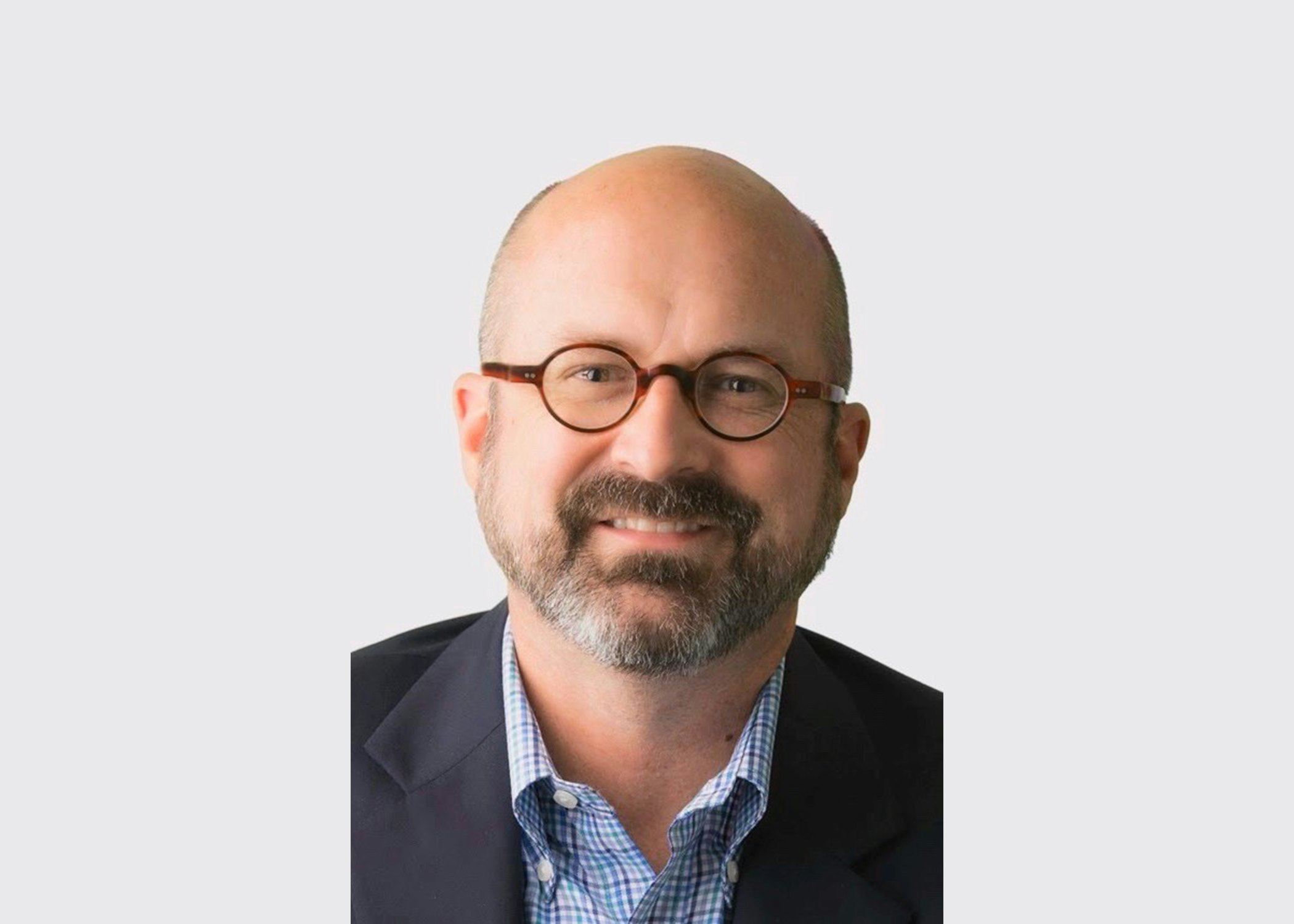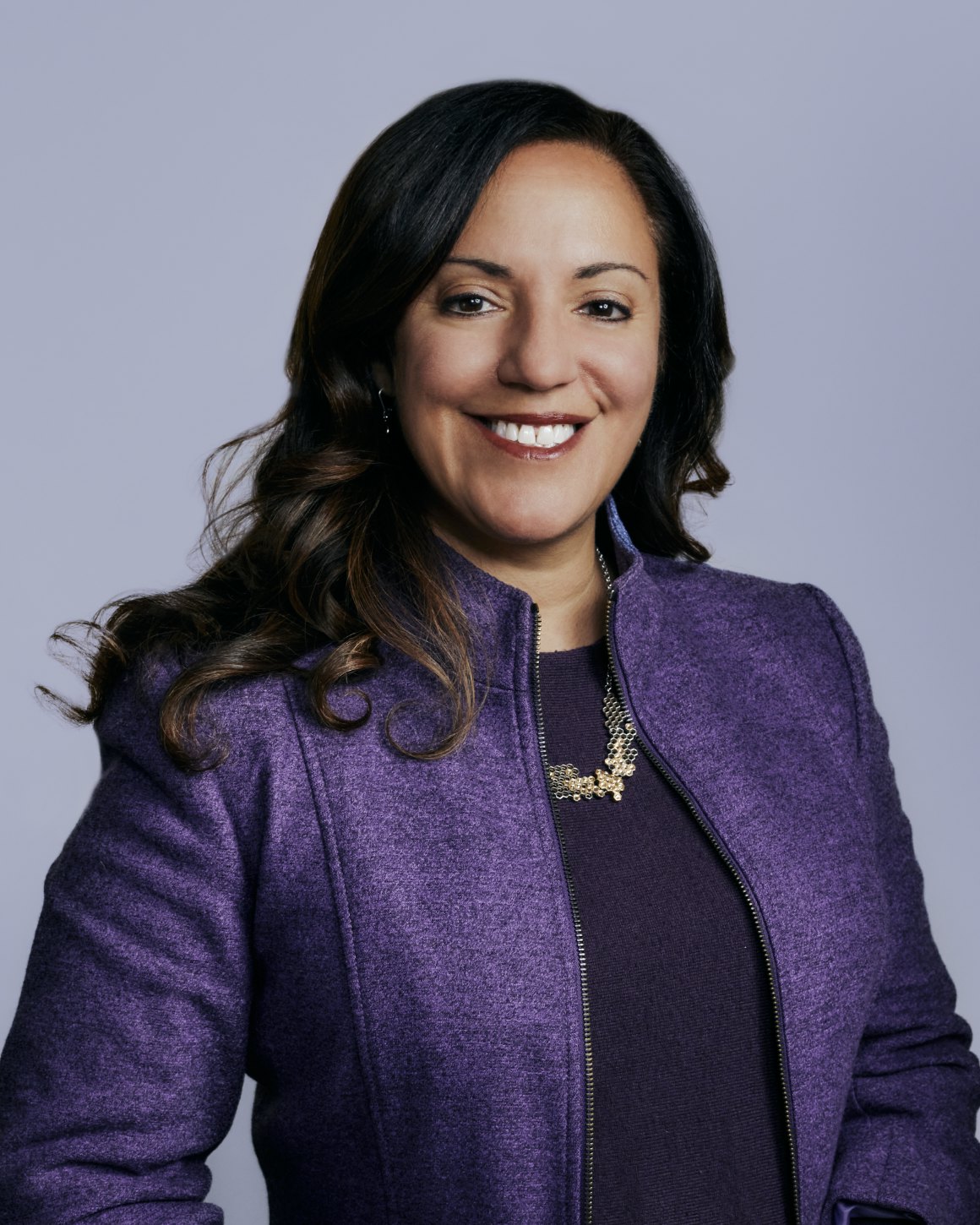In this issue, we sit down with Jim Wilkinson – former White House Deputy Director of Communications and senior advisor at NSC, State, and Treasury – for a wide-ranging conversation that spans Tee Ball on the South Lawn games, wartime communications, and leadership under pressure.
Now Executive Chairman of TrailRunner International, the global strategic communications firm he founded in 2016, Jim also brings deep private sector experience from senior roles at PepsiCo and Alibaba Group, where he helped lead one of the largest IPOs in history. He reflects on the transformational leaders who shaped his career, the culture-building lessons he’s carried across sectors, and the faith and curiosity that continue to guide his path. His story is a testament to service, gratitude, and the belief that our worst day may still be someone else’s dream.
Q: You were there at the very beginning of Tee Ball on the South Lawn in May 2001, an initiative that is well documented in the Bush Center’s new special exhibit, Game Changer: United by Sports. What sparked the idea, and what do you remember most about that experience?
The President had the idea for T-ball on the South Lawn because he had a long and personal connection to baseball, both as a player as a kid and as the owner of the Texas Rangers. I was lucky enough to be asked to help design and lead this program with the real experts at Little League Baseball, and the initiative really became an iconic and personal expression of the President and First Lady’s love for youth, for America, and for bringing young boys and girls together at The White House. My good friend Brian Besanceney (DoS, DHS, EOP) would lead this effort after I left The White House to go to Iraq. My favorite memory of T-Ball at The White House was seeing kids from all walks of life and economic circumstances get to visit their White House and meet their democratically elected President and then get to play in their Nation’s front yard. I was especially moved by the children with disabilities that came to play in a Challenger game at The White House. Their courage and excitement motivated us all, and it was just magical. It took a lot of people to make this happen, and people like Besanceney, Scott Sforza, Kris Purcell, and so many others on The White House team made all this happen.
Q: Across your time in the White House, at Treasury, NSC, and State, you worked alongside some of the most dedicated and talented public servants in the country. What impact did that have on you, and what did you learn from those teams?
I was lucky to work with principled leaders who set an example for us all. The President set the ultimate example, as did Secretary Condi Rice and Secretary Hank Paulson, who I worked with most closely. But there were so many more. Amazing leaders like Karen Hughes, Josh Bolten, Joel Kaplan, Karl Rove, Israel Hernandez, Dan Bartlett, Kristen Silverberg, Andy Card, Steve Hadley, Liza Wright, Joe Hagin, Brett and Ashley Kavanaugh, Mike Gerson, Pete Wehner, Michele Davis, Suzy Defrancis, Nicole Devenish, Jeanie Mamo, Kevin Sullivan, Kevin Fromer, Bob Hoyt, and so many more. This list of amazing people could go on forever. I probably shouldn’t have started naming names here! But these people (and so many others) taught me so much, and I am so glad to have had the honor to work with them. I feel lucky that my time in Washington allowed me to serve with such ethical and principled leaders, and I will always revere these people. I’m lucky to know them.
Q: You’ve led in both government and global business. What are the keys to building a strong, resilient culture no matter the sector, and how do you spot it when it’s working?
You have to keep culture simple and lead by example. President Bush led by example. Secretary Rice and Secretary Paulson led by example. Karen Hughes led by example. Josh Bolten and Joel Kaplan led by example. These leaders kept it simple, and they set clear expectations and enforced accountability. I brought these lessons to the private sector. Above all, we must remember that the people who work for and with us are counting on us to lead – and we simply can’t deliver if we don’t have a strong foundation in something larger than ourselves. For me, my faith as a Christian has helped me – frankly – grow up, be more accountable, and be a better servant leader. Today many leaders treat relationships as merely transactional. I believe you can either be transactional, or you can be transformational. In The White House and in the private sector, I got to work with very transformational leaders who led by example when it counted most. You know culture is working when turnover rates are low, and when people are excited every day.
Q: During the financial crisis, as Chief of Staff at Treasury, you were a close advisor to Secretary Hank Paulson and coordinated communications strategy with the White House. What did that moment teach you about leadership under pressure and the role of clear messaging in restoring trust?
From a communications perspective at Treasury, Michele Davis was the real wartime leader who set the standard for excellence. And Michele, as a trained and seasoned leader in economics, also led in many other policy areas. I did coordinate with The White House on many parts of the financial crisis, but we had a large and talented team. I always watched Secretary Paulson focus on doing the right thing. During the crisis, many financial leaders were only worried about their own personal situations and were not thinking of the bigger picture. But not Secretary Paulson. Paulson put his country first, and no matter the weight of the pressure, he never lost his strong focus on the bigger picture of protecting our Nation’s economy – as well as the global economy. Hank brought clear, concise and consistent messaging to the financial markets, and he and Michele, working together across the various agencies, just did an amazing job on restoring confidence in our financial markets.
Q: Looking back, what through line connects your time in public service to your work today at TrailRunner — and what advice would you give to young professionals who want to lead with purpose across sectors?
I like to run to problems. Anyone that likes to run to problems finds a dream home in The White House. One minute you are focused on tax cuts; the next you are focused on weapons and Libya; then you are putting on T-Ball at The White House; then you are dealing with anthrax; and then you are working on a financial and military crisis. For all of us in The White House that was our every day. For young professionals, be lifetime learners. I just completed a second master’s degree in biblical studies and theology, I did a leadership program at Yale, and I plan to pursue other studies. I learned from Secretary Rice just how important it is to read non-fiction, to read literature, to travel to new places and to meet and engage with people who look different, talk different, and have different beliefs than you. Dr. Rice said there was no reason why a young Black woman from Alabama should have wanted to learn Russian, but she just did. There is a lesson in there for all of us, and especially for young people. Read every day. Learn every day. And above all remember that our worst day is someone else’s dream day. There is so much pain in the world today, and the world is counting on our young people to lead with purpose.
BONUS: You have been a generous supporter of the Bush Center. What made you decide to get involved there?
I like to think I’m smart. But the truth is President Bush gave me my big break when he hired me. I owe a big part of all that I have accomplished to President Bush, those names I mentioned above, and so many others. I was just one small member of a very talented team across so many agencies. I owe all of those in the Administration who worked so hard, and I feel it is my duty to support my President in any way I can. I am proud to say I worked for him.



























